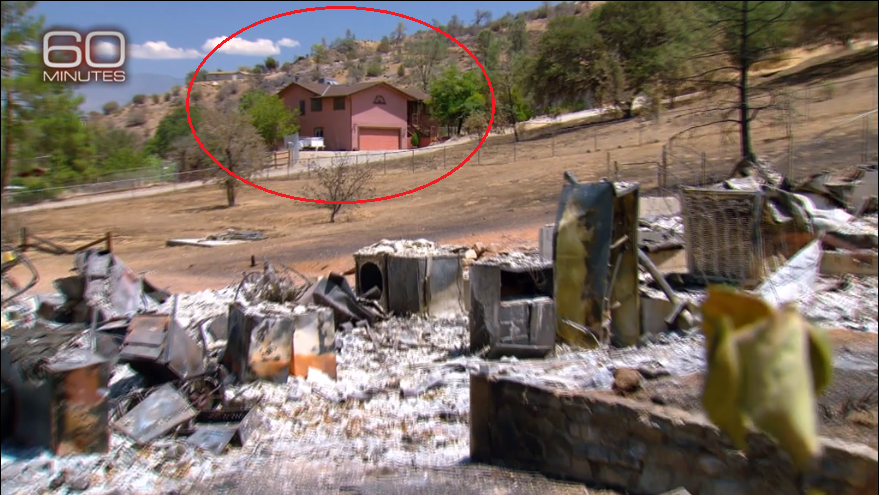In Lieu of Weed, 'Cobra Kai' Viewing is My Brain Vacation
Now four days out, I've failed to process the profoundness of 22-year-old Amanda Gorman's inauguration day poem just yet. It's true New Year's time now, with the attempted coup over with, the former president both impeached for the second time in his first term AND vacated from the White House. The virus and the way we're handling it will shift so much now, because we have an administration which actually intends to follow through with ending it. Whether we'll contain it is still unknown. The draining load of mental calculus of the new polite, the new woke, and whether we should wear a mask will be offloaded from our cerebellums. Soon.
A newspaper headline I grazed suggested this half-hour series was the middle-brow show we all needed to watch right now. The blond kid from the original 1986 "Karate Kid" feature film is now middle-aged and divorced, performing odd jobs drinking too much and living with the consequences of the crutch that is unearned white privelege. The more ethnic protagonist of that film (in the 1980's, an Italian-American brunette was "ethnic"), played then and now by the slender yet paunched unprobable action hero Ralph Macchio, is living large in Los Angeles owning a proliferation of karate dojos and car dealerships.
Any episode now (I'm on the fifth) Johnny, the blond kid whose privilege isn't working for him the way it used to, will internalize and cathart his way toward a mature person of character. That his transformation is ever-shallow is a courtesy to the white, yet woke-aspirant, viewer. The series' failure to satiate that desire for catharsis both smashes a tv script cliche, and is a healthier alternative to Q drops.
One of my New Year's resolutions is to listen less, which is the topic for another post. So I'll ignore the think piece on why Kobra Kai's whitness is now under a spotlight.
----------------------------------------------
Further Reading:
Column: What Netflix’s ‘Cobra Kai’ teaches us about how to deal with Trump: latimes.com 📰
At Netflix, ‘Cobra Kai’ broke out. Now its whiteness is under a new spotlight: latimes.com

This work by AJ Fish is licensed under a Creative Commons Attribution-NonCommercial 4.0 International License.
A newspaper headline I grazed suggested this half-hour series was the middle-brow show we all needed to watch right now. The blond kid from the original 1986 "Karate Kid" feature film is now middle-aged and divorced, performing odd jobs drinking too much and living with the consequences of the crutch that is unearned white privelege. The more ethnic protagonist of that film (in the 1980's, an Italian-American brunette was "ethnic"), played then and now by the slender yet paunched unprobable action hero Ralph Macchio, is living large in Los Angeles owning a proliferation of karate dojos and car dealerships.
Any episode now (I'm on the fifth) Johnny, the blond kid whose privilege isn't working for him the way it used to, will internalize and cathart his way toward a mature person of character. That his transformation is ever-shallow is a courtesy to the white, yet woke-aspirant, viewer. The series' failure to satiate that desire for catharsis both smashes a tv script cliche, and is a healthier alternative to Q drops.
One of my New Year's resolutions is to listen less, which is the topic for another post. So I'll ignore the think piece on why Kobra Kai's whitness is now under a spotlight.
----------------------------------------------
Further Reading:
Column: What Netflix’s ‘Cobra Kai’ teaches us about how to deal with Trump: latimes.com 📰
At Netflix, ‘Cobra Kai’ broke out. Now its whiteness is under a new spotlight: latimes.com

This work by AJ Fish is licensed under a Creative Commons Attribution-NonCommercial 4.0 International License.



